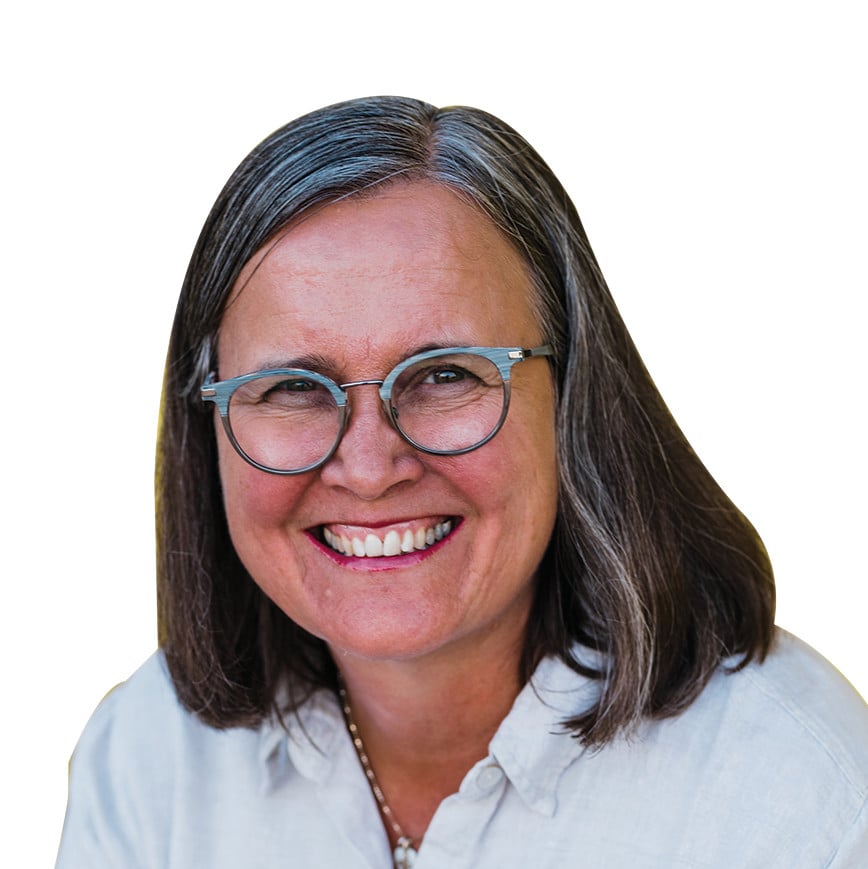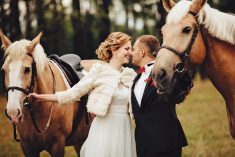Why is it important to have personal investments? I found a good answer to this question online: “Investing is an effective way to put your money to work and potentially build wealth. Smart investing may allow your money to outpace inflation and increase in value. The greater growth potential of investing is primarily due to the power of compounding and the risk-return trade-off.”
When I’m talking about investing, I use the term “personal wealth bubble,” which does not Google well. What I mean by this is the need to have some flexibility in your wealth creation beyond the wealth you are creating in farm assets. This is important to me as a farm coach, and it helps inform the advice I give to farmers.
1. Income streams. Your personal investments can provide income streams for you as founders, ensuring a decent living income for decades while not drawing too much income from your farm business. If you have set up a farm transition structure that allows you to draw income from preferred shares and other farm sources, good for you! Your homework is to determine what your family living expenses are currently and will be for the next five years. On our farm we spend $75,000 annually on family living expenses, which do not include charitable donations or investments. What do you need to live well? This personal money conversation is key to creating clarity of expectations with all generations in building your transition plan. I once had a farm couple ask their sons for $120,000 annually from the farm business, but the actual draw was $38,500. Your numbers need to be reasonable and workable for the farm cash flow. If you don’t need to draw much from the farm, you as founders are really helping the next generation get a good start.
Read Also

Maintain motion to ease joint stiffness
As we proceed into colder, drier temperatures, it’s common to hear reports of more joint stiffness and pain, athletic therapist Kathlyn Hossack writes.
2. Stuck holding assets. If you’re thinking your retirement plan is to sell off farm assets, you may be surprised. There’s a good chance the bulk of your land won’t be sold to the next generation because they are unable to afford it. Your successors may be able to buy some of your assets, but probably not $15-million worth. Having personal wealth spreads your wealth across the farm assets as well as on the personal side. Have you started talking to your successors about what they may be willing to buy? Don’t put this conversation off. Many young farmers under the age of 40 can get special loan rates, and they’re often eager to take on “good debt” to assist with cash flow. Time is on their side, not yours.
3. Fairness to non-farm heirs. Fairness in my books is “helping everyone in the family be successful.” This will mean different gifts, transfers or bequests to different folks. In a conversation I had with Patti Durand, a transition specialist with Farm Credit Canada, Patti passed on this quote from family enterprise advisor Ruth Steverlynck: “Fairness is not a mathematical equation. The view of fair is unique. What we think is fair is irrelevant.” Patti added fairness “is not a concept to build a plan on.” When you have personal wealth to transfer to non-farm heirs, you can keep the farm assets intact for your farm successors and to draw income from. Having the ability to use your personal wealth bubble to give gifts with a warm hand, such as a down payment on a house or help with college tuition, vehicle purchases, etc., provides additional flexibility without adding financial strain to the farm business.
You might ask, “I don’t have much on the personal side of my wealth equation. What can I do?” My view is you cannot change the past. You can act now and create more wealth for yourself personally.
I encourage you to hire a fee-for-service financial planner to help you simplify your investment goals and find out what you need for the lifestyle you want to finance over the next three decades. They can also help, build contingency plans — for example, what may be required to pay for assisted living when you are over 80 years of age. My financial planners have used my data to determine what I will have when I am 102.
Here are a few financial planners I recommend:
- Ray Riel at (adviceonly.ca) in Regina, Sask.
- Wendall Kerr (itifinancial.ca) in Medicine Hat, Alta.
- Colin Sabourin (harbourfrontwealth.com) in Winnipeg, Man.
- Erik Forbes (forbeswealth.ca) in Carberry, Man.
- Sara McCullough (wddevelopment.ca) in Kitchener, Ont.
The Canadian Association of Farm Advisors (cafanet.ca) has a directory you can check out. Use the words “certified financial planner” in your search.
Attitudes toward money
Many farm folks reinvest in their farms because they know farming and don’t like investments they don’t understand. Something to consider is if you’re able to get a four per cent annual return on $2 million, you would have $80,000 available for family living expenses.
Some of the aging population have a lot of personal wealth tied to farmland, hanging on to it tightly because it gives them a great sense of security. The flip side of this can be younger farmers who are stuck needing equity to leverage debt, but they can’t convince grandma or grandpa to share title to the land. This doesn’t help their parents either if they’re also waiting to receive farm assets in their names.
If the older generation has a scarcity mindset, it will take a great financial planner to show them how to move assets around to satisfy the need for security and a flexible cash flow for the next generation(s). Young farmers have many demands on their cash flow, so how can they build up their personal wealth? It takes time and discipline — some folks call it “paying yourself first.” You might also want to invest in Tax-Free Savings Accounts, where the current maximum contribution is $6,500 per person.
I am not a financial planner, and this column is not to be taken as financial advice. It is a statement of the concept of building wealth beyond the farm assets to give you flexibility for living expenses and transfer of wealth to non-farm heirs.
Talking about money will not kill you. Having a healthy attitude to challenge the money scripts of your family will help everyone find a way to get certainty and security for their financial futures.
I suggest you read Bruce Sellery’s great book Moolala: Why Smart People Do Dumb Things with their Money. Then ask yourself, “what does money mean to you?” I also recommend Sellery’s podcast, “Moolala: Money Made Simple with Bruce Sellery.”
















